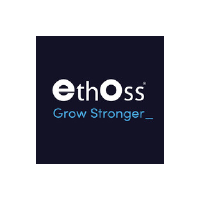Do the research: A Deep Dive into Bone Regeneration with AI-Driven Research Findings
Research3/19/2024 7:00 PM
Explore AI-driven implantology research with EthOss Dental. Gain insights into osteoimmunology. Learn more on WebinarCafe.
Research Webinar Benefits
Learning Objectives:
Understand the fundamental concepts behind the use of EthOss in implantology, exploring the reasoning and traditional scientific approaches involved in the research process.
Explore how AI has been utilised to study the impact of EthOss, including the generation of accurate illustrations and detailed descriptions related to immune cells and foreign body reactions.
Explore the role of AI, specifically Natural Language Processing (NLP), in processing studies related to osteoimmunology and implantology, and why NLP should be considered well-suited for this purpose.
Gain insights into the methodology of using AI, specifically Large Language Models (LLM), to conduct literature searches, formulate research questions, and generate hypotheses in the field of implantology.
Learners will be able to:
Investigate the practical implications of EthOss in implantology, focusing on its potential as more than just a graft but as a catalyst for healing, and understand the specific scenarios where EthOss can be beneficial.
Examine the methodology of incorporating EthOss into the research process, including the formulation of research questions, and hypotheses and how AI, without complex programming, aids in extracting valuable insights from studies.
Explore the long-term implications of EthOss in implantology, considering its potential impact on improving patient outcomes, reducing recovery times, and advancing the field of osteoimmunology.
Discover the practical application of AI in the analysis of Beta-tricalcium Phosphate and Calcium Sulphate in the context of foreign body reaction modulation.

